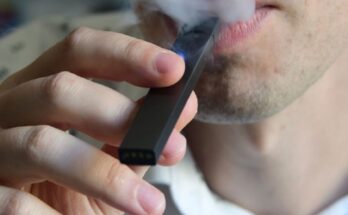Alcohol withdrawal can cause a range of physical and psychological symptoms, including seizures. Seizures are a serious and potentially life-threatening complication of alcohol withdrawal, requiring immediate medical attention.
Causes of Seizures During Alcohol Withdrawal
Seizures occur when there is an abnormal electrical activity in the brain. In the case of alcohol withdrawal, seizures occur due to the abrupt cessation of alcohol after prolonged and excessive use. The brain becomes hyper-excitable during alcohol withdrawal, and seizures can occur as a result.
Risk factors for seizures during alcohol withdrawal include a history of seizures, previous episodes of alcohol withdrawal, and heavy and prolonged alcohol use. Seizures can occur within 12-48 hours of the last drink, and can persist for several days.
Symptoms of Alcohol Withdrawal Seizures
Seizures during alcohol withdrawal can cause a range of physical and psychological symptoms, including:
Loss of consciousness
Convulsions or shaking
Rapid heartbeat
Confusion
Hallucinations
Agitation or irritability
Sweating
If left untreated, seizures can lead to serious complications, including brain damage and death.
Treatment for Alcohol Withdrawal Seizures
If you or someone you know is experiencing a seizure during alcohol withdrawal, it is important to seek medical attention immediately. Seizures are a medical emergency, and require prompt treatment to minimize the risk of complications and ensure a successful recovery.
Treatment for alcohol withdrawal seizures typically involves a combination of medication and supportive care. Medications, such as benzodiazepines, can be used to control seizures and prevent further complications. Supportive care, including proper hydration, nutrition, and rest, can help manage symptoms and promote overall health and wellness during the recovery process.
In addition to medical treatment, it is important to seek ongoing support through counseling and support groups to help maintain sobriety and prevent relapse. Lifestyle changes, such as proper nutrition, exercise, and stress reduction techniques, can also help manage symptoms of alcohol withdrawal and support overall health and wellness.
In conclusion, seizures are a serious and potentially life-threatening complication of alcohol withdrawal. If you or someone you know is experiencing a seizure during alcohol withdrawal, seek medical attention immediately. With prompt treatment and ongoing support, it is possible to overcome alcohol addiction and maintain a healthy, sober lifestyle.


